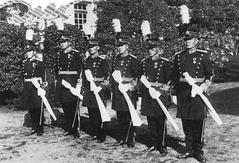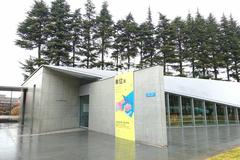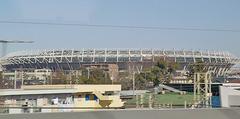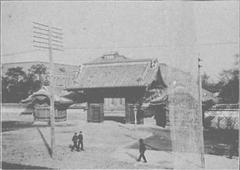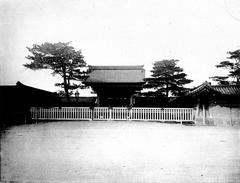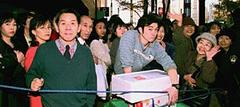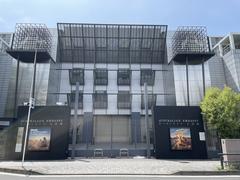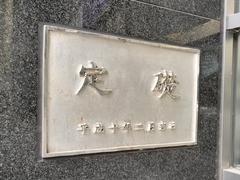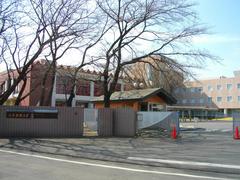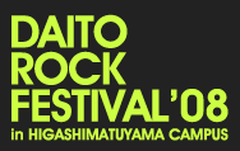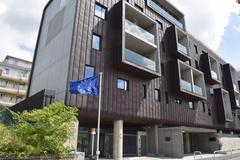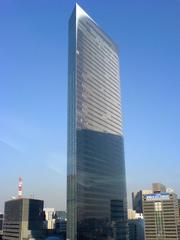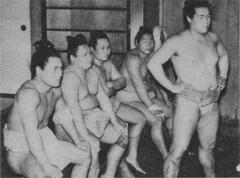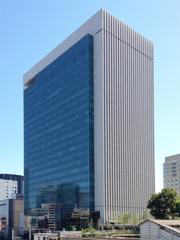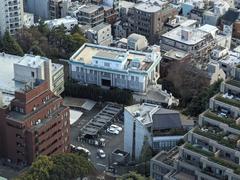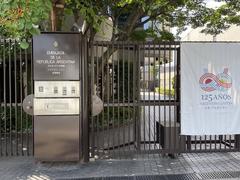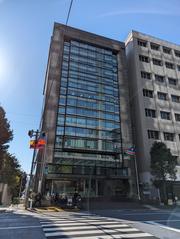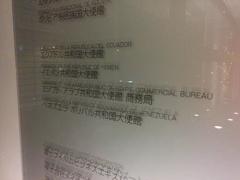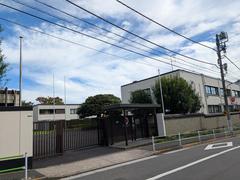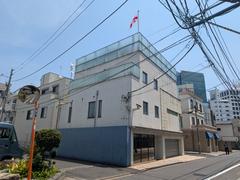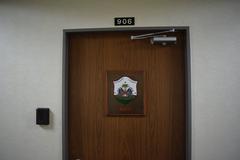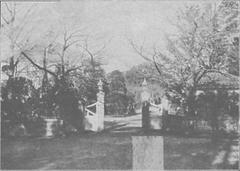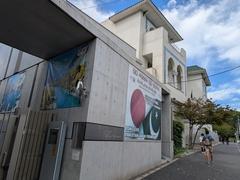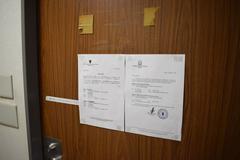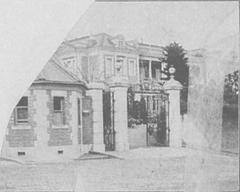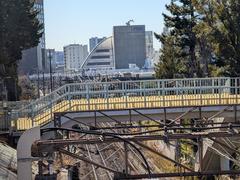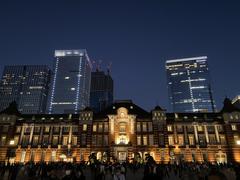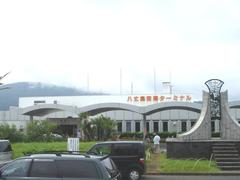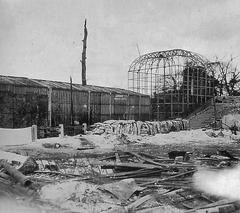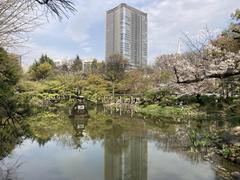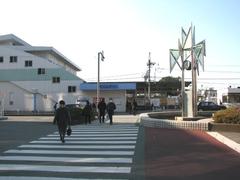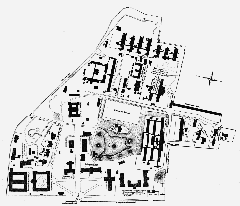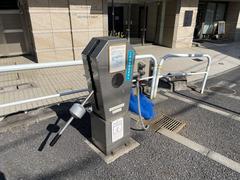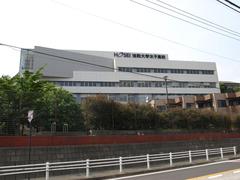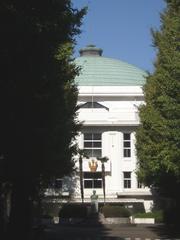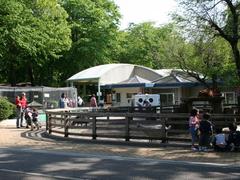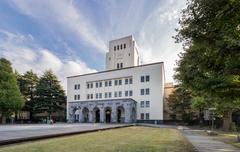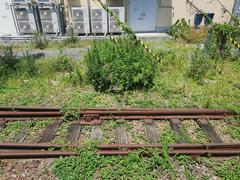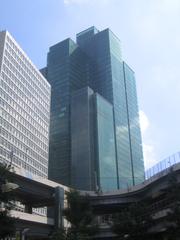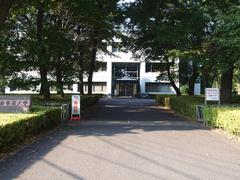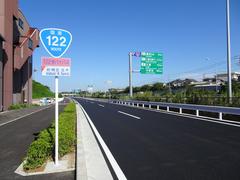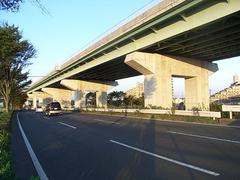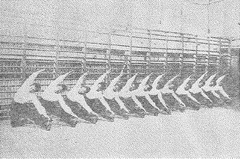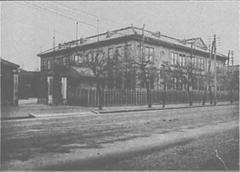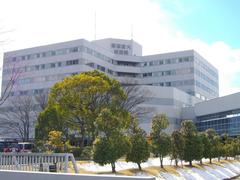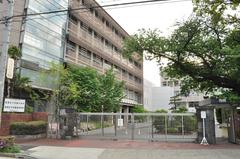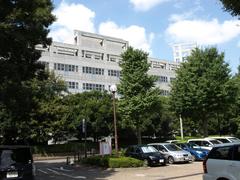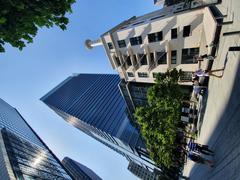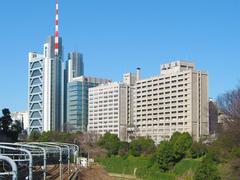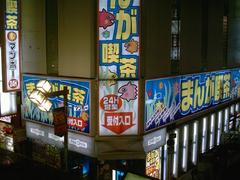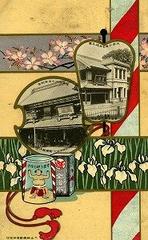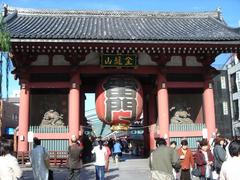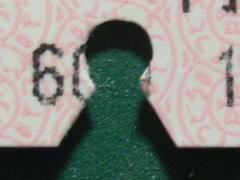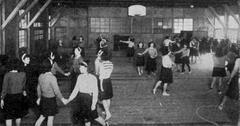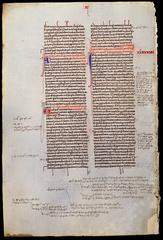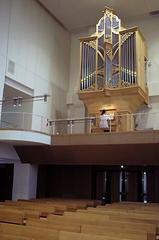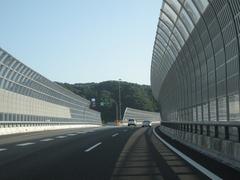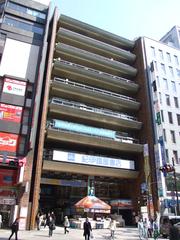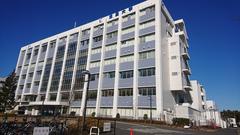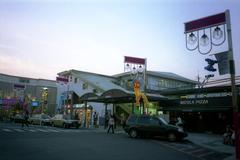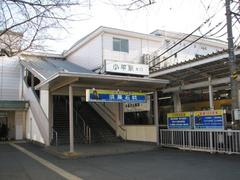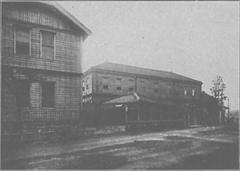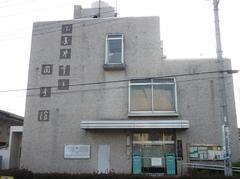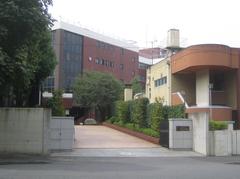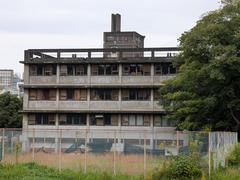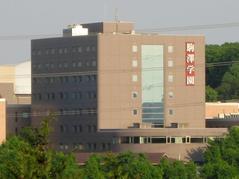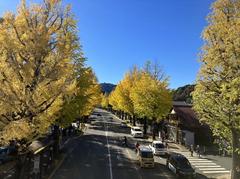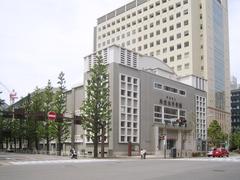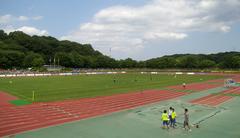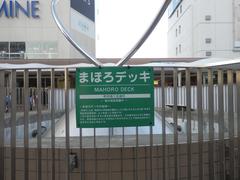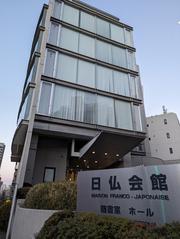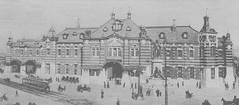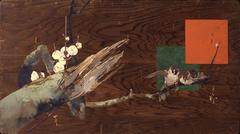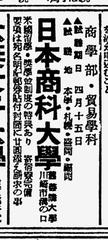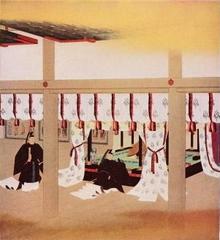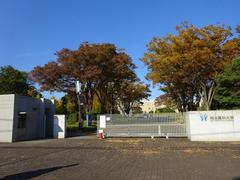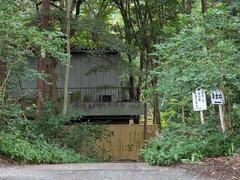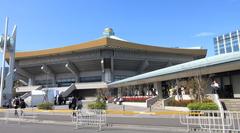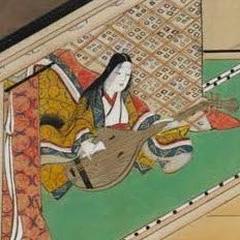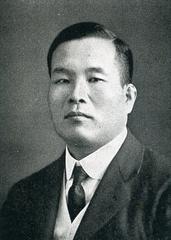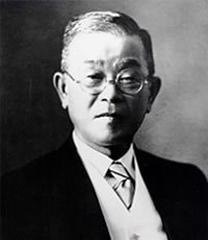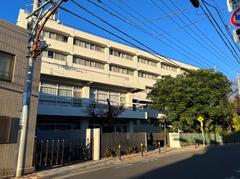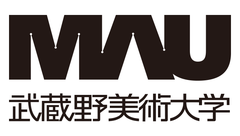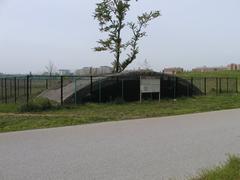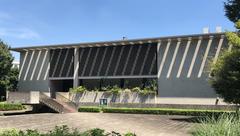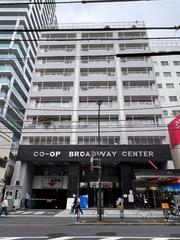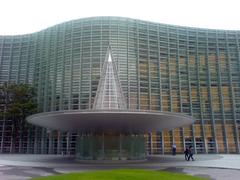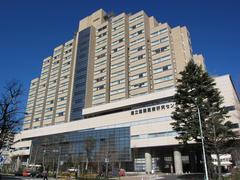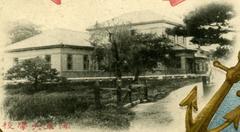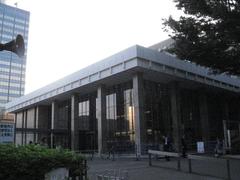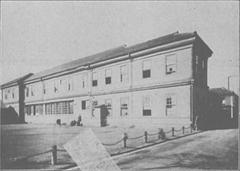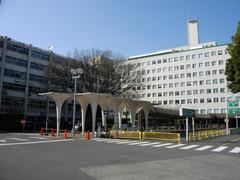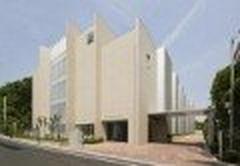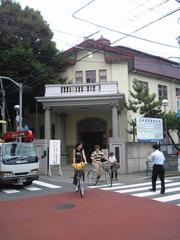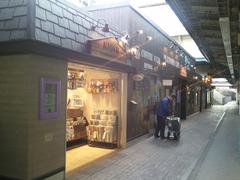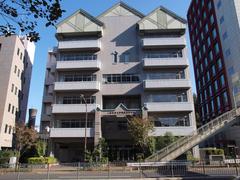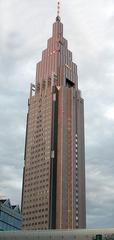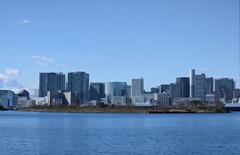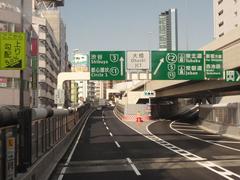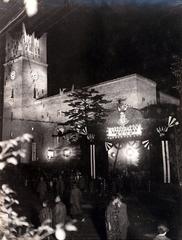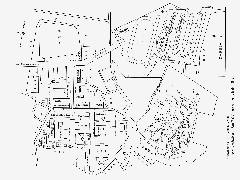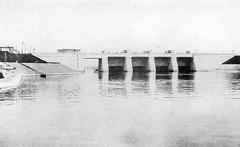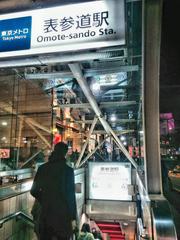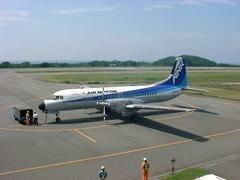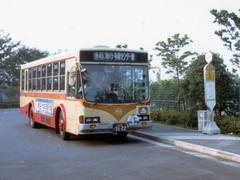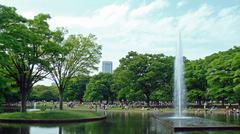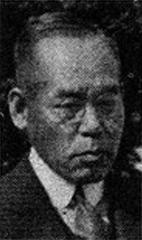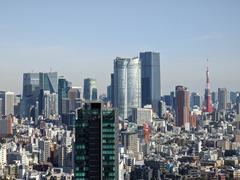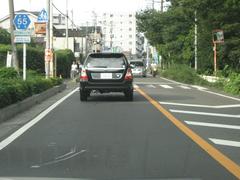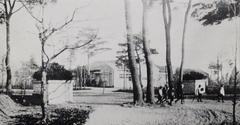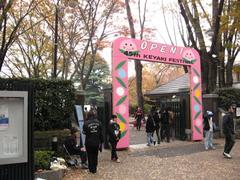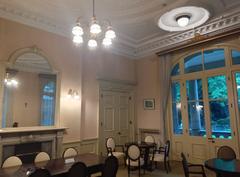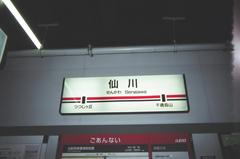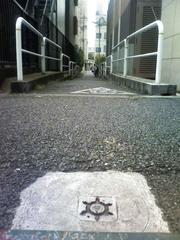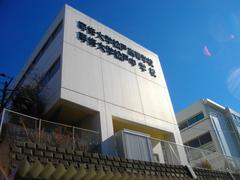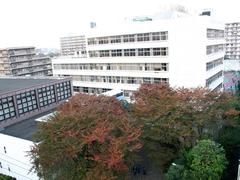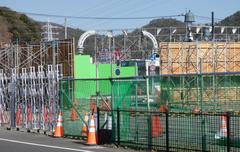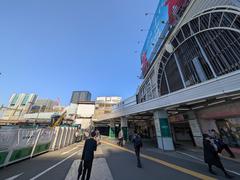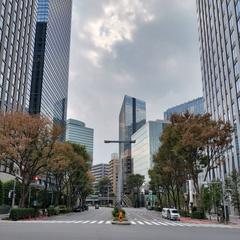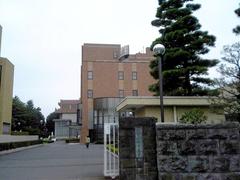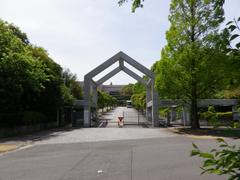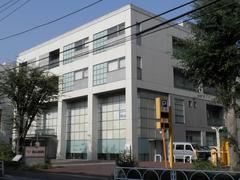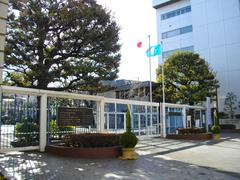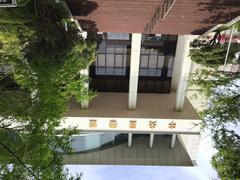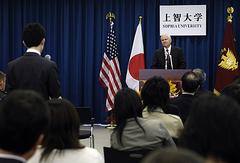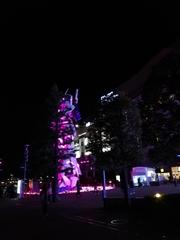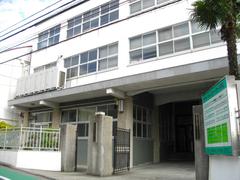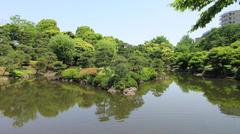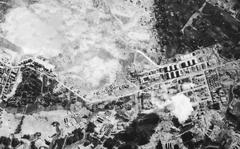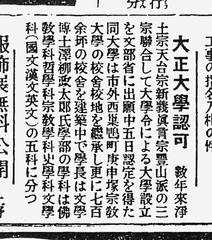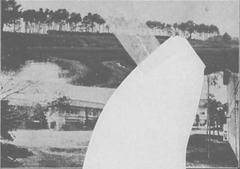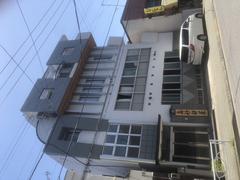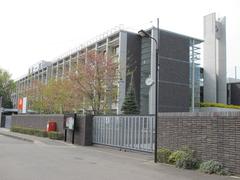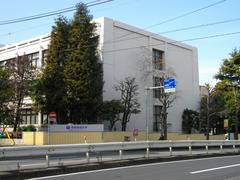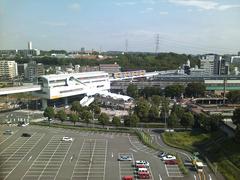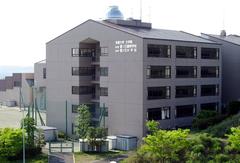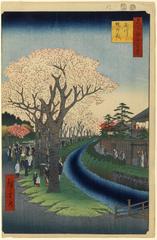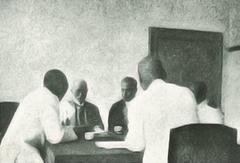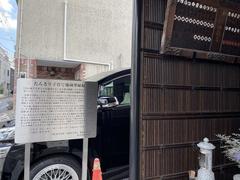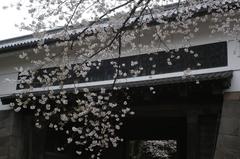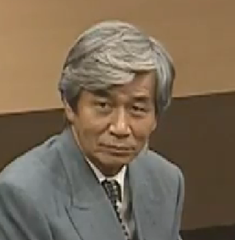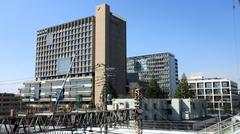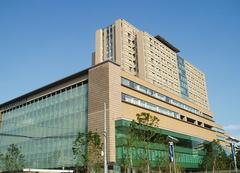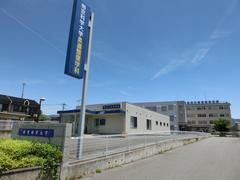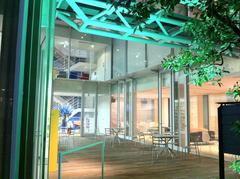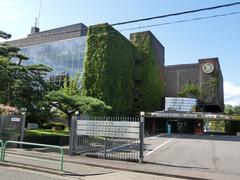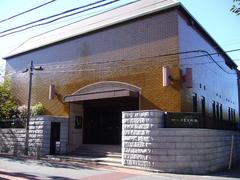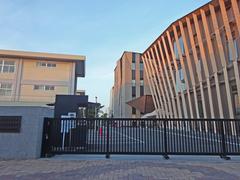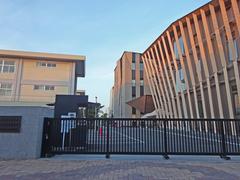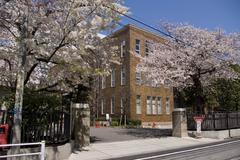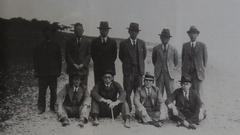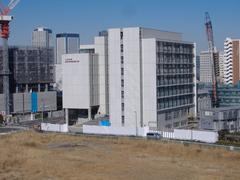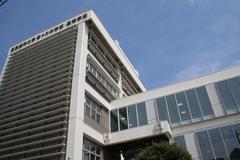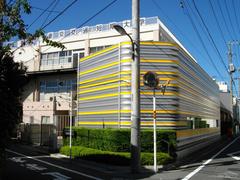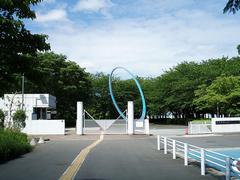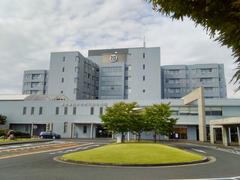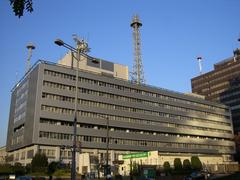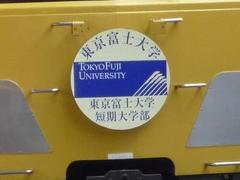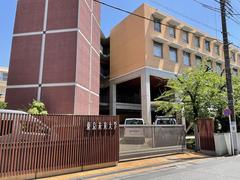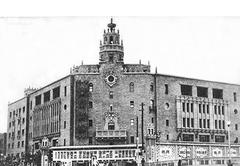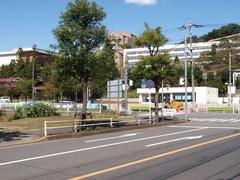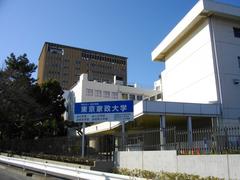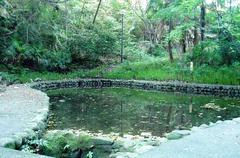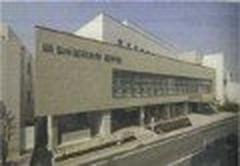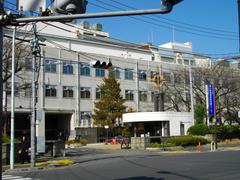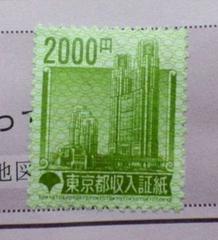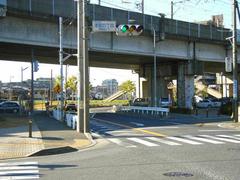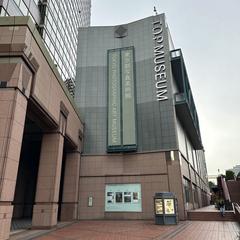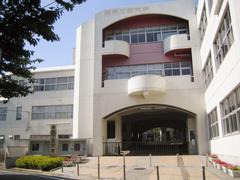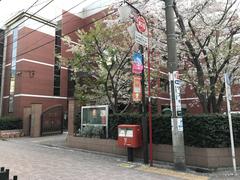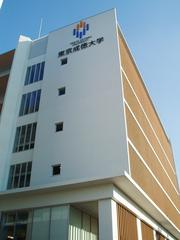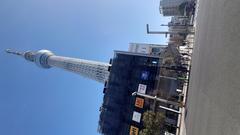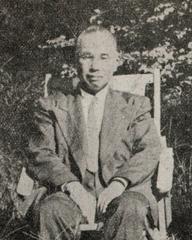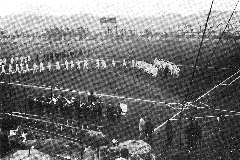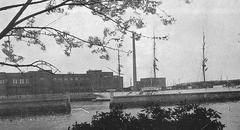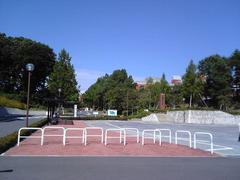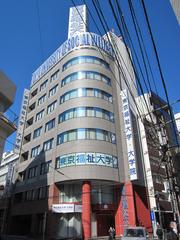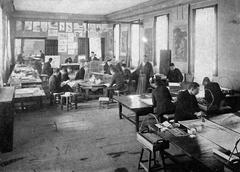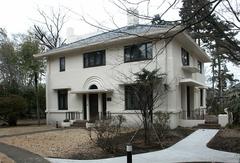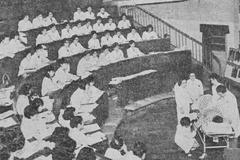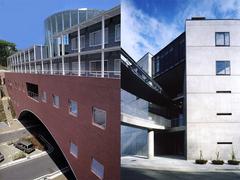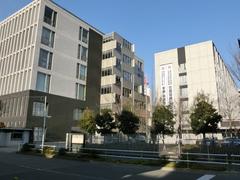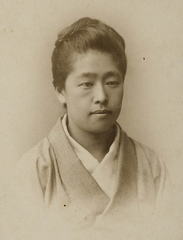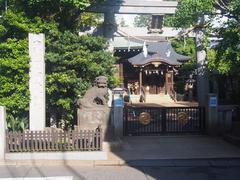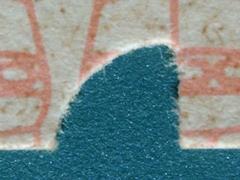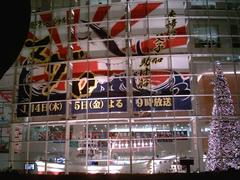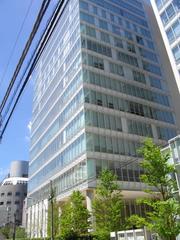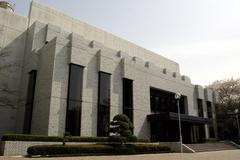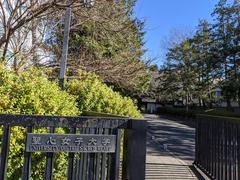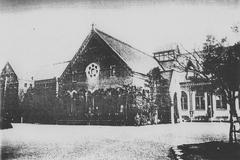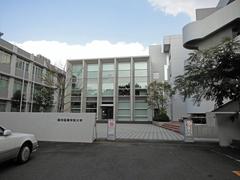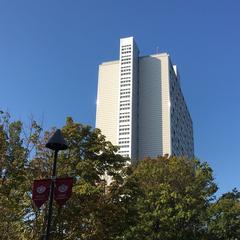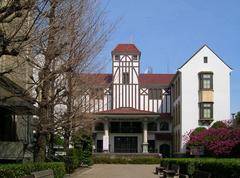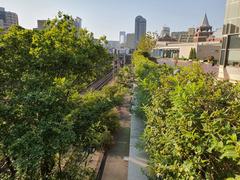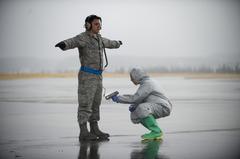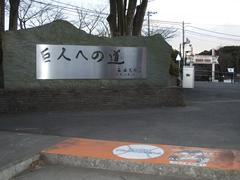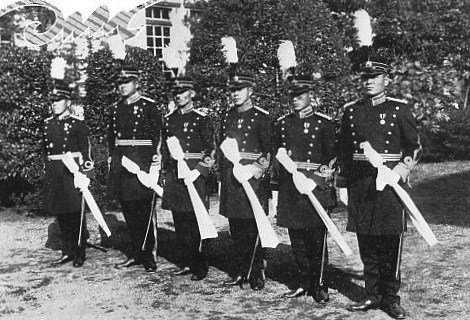
Army War College Tokyo: Visiting Hours, Tickets, and Historical Significance Guide
Date: 14/06/2025
Introduction
The Army War College in Tokyo, historically known as Rikugun Daigakkō (陸軍大学校), played a defining role in Japan’s path to military modernization and remains a symbol of the nation’s turbulent history from the late 19th to the mid-20th century. Established in 1882 during the transformative Meiji era, the college was modeled after the Prussian General Staff system and produced the elite leadership of the Imperial Japanese Army. While the original campus no longer serves as a museum, its legacy endures through commemorative sites, military archives, and educational institutions across Tokyo (dbpedia.org).
This guide provides a comprehensive overview of the Army War College’s history, key locations, visiting information, and practical tips for travelers, researchers, and those interested in Japan’s military heritage. You’ll find details on accessible sites, open days, guided tours, and nearby attractions, as well as resources for further study.
Historical Overview
Foundation and Early Development (1882–1900s)
The Rikugun Daigakkō was established in the Meiji era as Japan sought to modernize its military following Western models, especially the Prussian General Staff system. German advisor General Jakob Meckel shaped the college’s initial doctrine, which emphasized operational planning and staff work. The institution’s demanding three-year curriculum selected only the top graduates from the Imperial Japanese Army Academy, aiming to cultivate a professional officer corps (dbpedia.org).
Role in Japan’s Military Expansion (1900s–1945)
Graduates of the college, known as the “Rikudai” alumni, became the backbone of Japan’s military leadership. They played decisive roles in the First Sino-Japanese War, the Russo-Japanese War, and World War II, with the curriculum expanding to cover geopolitics, intelligence, and large-scale operations. The college’s influence extended to Japan’s broader ambitions in Asia (dbpedia.org).
Curriculum and Training
The college provided a holistic military education, covering:
- Military Science and Strategy: Study of both classical and modern military theorists.
- Staff Work: Training in logistics, intelligence interpretation, and operations planning.
- Foreign Languages: Emphasis on German, French, and English.
- War Games and Field Exercises: Practical application of strategies.
- Research Thesis: In-depth research on military subjects.
Collaboration with the Japanese naval staff college promoted joint operations and interservice cooperation.
Societal and Political Influence
The “Rikudai clique” extended their impact beyond the military, shaping Japanese political and diplomatic policy in the lead-up to and during World War II. Graduation from the college was essential for career advancement, underscoring its prestige and centrality in military and national affairs (dbpedia.org).
Wartime Operations and Postwar Legacy
During World War II, the college adapted its programs to the critical demands of total war. With Japan’s defeat, the institution was closed, and the original Minato campus was repurposed or destroyed. However, its alumni contributed to the founding of Japan’s Self-Defense Forces, and its history is preserved in archives and memorials (dbpedia.org).
Locations and Site Features
Original Minato Campus
The original Army War College was located in Minato, Tokyo, an area now dominated by embassies and government offices. While little of the original architecture remains, commemorative markers and plaques indicate the historical site. The location is recognized in academic and military circles as a pivotal point in Japan’s modernization (forum.axishistory.com).
Ichigaya Area and Ministry of Defense Headquarters
Today, the Ichigaya district is home to the Ministry of Defense (MOD) headquarters and the Memorial Hall, which occupies part of the former Army War College grounds. The Memorial Hall, once the Ichigaya Ammunition Depot, was the venue for the International Military Tribunal for the Far East (Tokyo War Crimes Trials) from 1946 to 1948 and now houses exhibits on military history and the trials (mod.go.jp).
National Institute for Defense Studies (NIDS)
NIDS hosts Japan’s principal military archives, preserving over 58,000 volumes on the Imperial Army and 37,000 on the Imperial Navy, along with extensive records, oral histories, and war diaries (nids.mod.go.jp). The archives are a key resource for researchers, historians, and academics.
Visiting the Army War College Site: Hours, Tickets, and Tips
Access and Restrictions
- MOD Memorial Hall & Exhibition Spaces: Open to the public only during scheduled open days and guided tours, typically several times a year. Pre-registration via the MOD website is required.
- Visiting Hours: Usually between 10:00 AM and 4:00 PM during open days.
- Tickets: Free admission. Advance online registration is mandatory.
- Security: Photo ID is required; visitors must pass through security screening. Prohibited items include weapons, drones, and large bags.
Getting There
- Location: Ichigaya, Shinjuku, Tokyo.
- Nearest Station: Ichigaya Station (JR Chūō-Sōbu Line, Tokyo Metro Yurakucho, Namboku, and Toei Shinjuku Lines).
- Accessibility: The site and Memorial Hall are wheelchair accessible; notify MOD in advance for additional assistance.
Memorial Hall and Exhibits
The Memorial Hall preserves its 1930s architecture and houses exhibits on the Tokyo War Crimes Trials, military history, and the evolution of Japan’s defense policy. Access beyond public exhibition areas is restricted due to active government functions.
Guided Tours
Guided tours, sometimes available in English, are offered during open days and provide detailed historical context. Early booking is essential due to limited slots. Photography is allowed in certain areas; restrictions apply in sensitive zones.
Practical Tips
- Language: Most signage is in Japanese. Consider a Japanese-speaking companion or book an English-language tour.
- Dress Code: Wear respectful attire appropriate for government and memorial sites.
- Arrival: Arrive early to allow time for security checks.
- Amenities: Restrooms and vending machines are available in public areas.
Visiting the Army War College Archives (NIDS): Hours and Research
Archive Details
- Location: National Institute for Defense Studies, Tokyo.
- Hours: Monday–Saturday, 10:00 AM–5:00 PM; Sunday, 12:00 PM–5:00 PM; closed on most national holidays (Visitor Guide PDF).
- Admission: Free. Advance appointment required for research; casual visits for exhibitions may be possible without prior booking.
- Access: Wheelchair accessible; contact NIDS in advance for special needs.
- Transport: Near public transit; limited parking available.
Collections
- Major Holdings: Army Ministry documents, field unit reports, the “Senshi Sosho” official war history series (NIDS Senshi Sosho).
- Digital Access: Many records are available online via the Japan Center for Asian Historical Records.
Research and Tours
- Appointments: Book in advance for research access.
- Guided Tours: Occasionally available; inquire ahead.
- Photography: Restricted; check with staff for policies.
- Languages: Most materials are in Japanese, but some English resources and staff support may be available.
Notable Alumni and Legacy
The Army War College produced many of Japan’s most influential military and political leaders, including key generals and several prime ministers. Its legacy persists in the doctrines and organization of the Self-Defense Forces, as well as in Japan’s ongoing debate over national security and collective memory.
Nearby Attractions and Complementary Experiences
- Yūshūkan Museum at Yasukuni Shrine: Military history exhibits with artifacts related to the Army War College (yasukuni.or.jp).
- Chidorigafuchi National Cemetery: Memorial to unidentified war dead.
- Nakameguro District: Scenic area near the modern Joint Staff College, famous for cherry blossoms (Go Tokyo: Nakameguro).
- Edo-Tokyo Museum, National Museum of Modern Art: Broader historical context.
Frequently Asked Questions (FAQ)
Q: Is the original Army War College open to the public?
A: No, the original Minato site is not a museum. The Ichigaya Memorial Hall is open on specific days; check the MOD website for details.
Q: How can I visit the archives?
A: Schedule an appointment with NIDS for research; exhibitions may be open to walk-in visitors (nids.mod.go.jp).
Q: Are guided tours available?
A: Yes, but only on open days and with advance booking.
Q: Can I take photographs?
A: Permitted in designated areas only; restrictions apply elsewhere.
Q: Is the site accessible for people with disabilities?
A: Yes, with advance notice for accommodations.
Q: Are documents available in English?
A: Most materials are in Japanese; some English support is available.
Summary and Final Tips
The Army War College in Tokyo epitomizes Japan’s rapid military modernization and its complex legacy. While direct access to historic buildings is limited due to current government and military functions, history enthusiasts can engage with the site’s legacy through open days, archives, and nearby museums. Plan ahead by consulting official websites for tour dates and research appointments, and enrich your visit by exploring related sites and utilizing resources like the Audiala app for guided content.
References
- Exploring the History and Legacy of Tokyo’s Army War College (Rikugun Daigakkō): A Guide to the Historic Military Site, 2025 (dbpedia.org)
- Visiting the Army War College Site in Tokyo: Hours, Tours, and Historical Insights, 2025 (mod.go.jp)
- Visiting the Army War College Archives in Tokyo: Hours, Tickets & Historical Significance, 2025 (nids.mod.go.jp)
- Army War College Tokyo Visiting Hours, Tickets & Tourist Guide to Historical Sites, 2025 (mod.go.jp)
- Yūshūkan Museum Official Site, 2025 (yasukuni.or.jp)
- Forum Axis History: Tokyo Army War College Site Discussion, 2025 (forum.axishistory.com)
- Defense One: US Forces Japan Upgrades, 2024 (defenseone.com)
- Japan Center for Asian Historical Records, 2025 (jacar.go.jp)
For more travel guides, military history insights, and interactive tours, download the Audiala app and follow us on social media for the latest updates on Tokyo historical sites.
